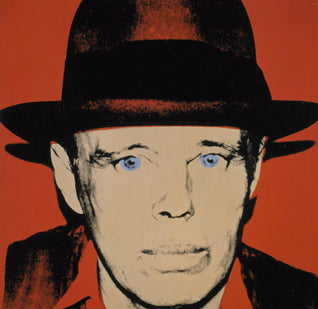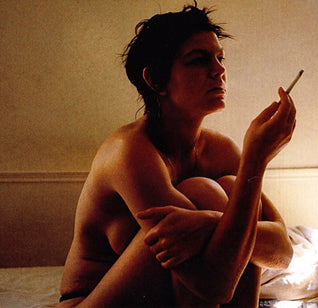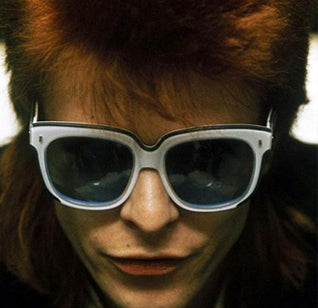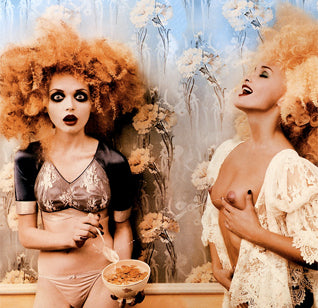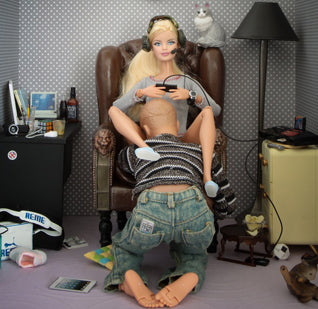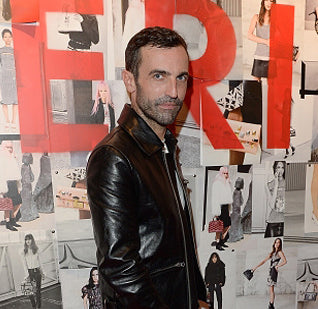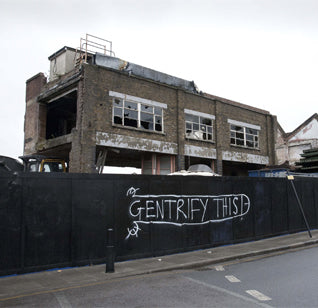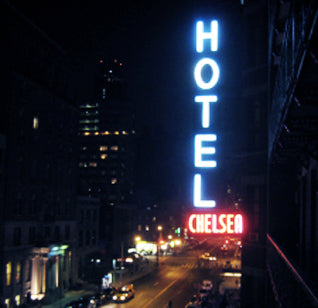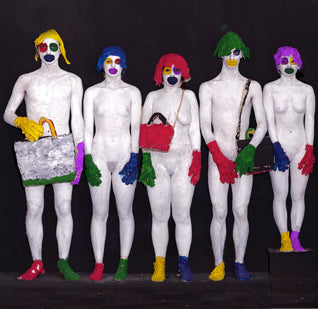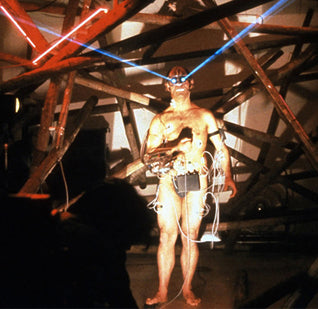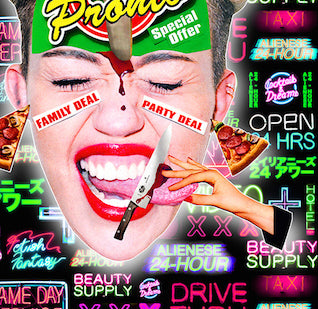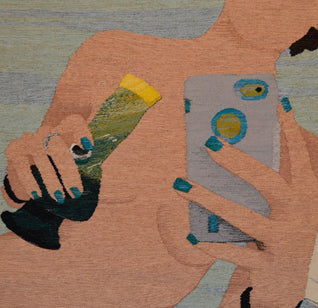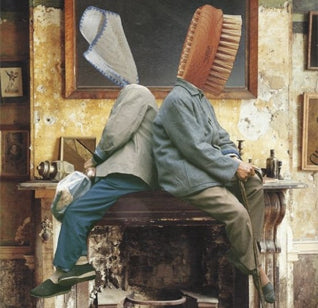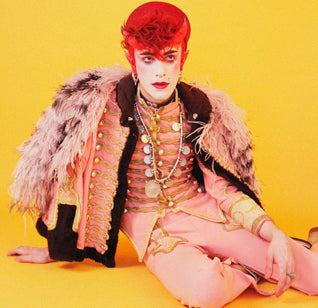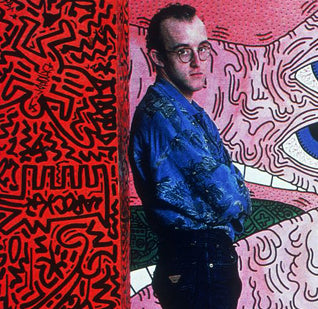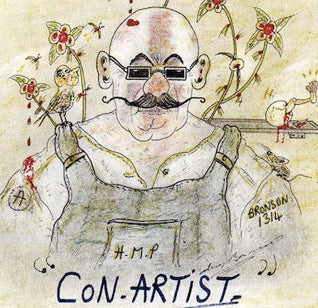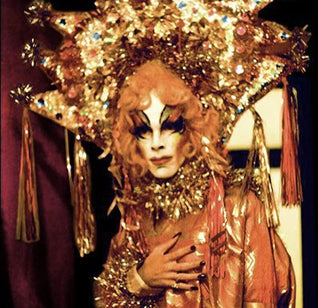TV KILLED THE MOVIE STAR
Hollywood’s fascination with Digital Effects numbs the plot
by Elliot Davies
The second season of HBO's 'The Game of Thrones' ends with the siege of King's Landing. The entire season feels like a build-up to this point, and the almost unbearable tension is released when things kick off with a huge explosion of magic green Wildfire. It's an awe-inspiring moment, with all the characters who aren't in the process of being horribly immolated looking on, mouths agape. I couldn't help but join in.
In a recent speech, Kevin Spacey touched upon the idea that people can no longer rely on movies for strong characters and engaging plots. Instead, people turn to television. People want stories, and people want to binge. But is it just the complexities of the characters and the plots that make people prefer television? That's certainly a pull factor, but what of the push factors? Why are people turning away from movies?
The suggestion that the writing on television is superior implies that movies have been dumbed down. The space that used to be filled by story has been filled by pure spectacle. Hollywood has been eaten by a computer, and many mainstream movies now resemble video games or theme park rides.

Computer-generated imagery (CGI) is now so sophisticated it can realize a director’s vision, no matter how outlandish. There's no denying that endless hours of work go into creating digital effects for today’s blockbusters. Beyond budget, the only limit is imagination, but the question here is whether CGI has killed or enhanced the magic of cinema.
The idea that quality storytelling is now to be found on television owes much to a handful of phenomenally successful shows. The likes of 'Mad Men', 'Breaking Bad', 'The Wire' and 'The Sopranos' clearly have immense budgets, but compared to Hollywood, very little money is being spent on CGI. Instead it's spent on the various trimmings of engaging storytelling – costume, script and scenery.
'The Game of Thrones' makes subtle use of CGI. Usually it's there to give a sense of space, to realize some of the more fantastical locations of Westeros. It's unobtrusive and always in service to the story, which is why the more spectacular uses of CGI, such as the aforementioned Wildfire explosion, truly are outstanding. The world of Westeros is a powder keg, yet it doesn't explode every week.
The space that used to be filled by story has been filled by pure spectacle. Hollywood has been eaten by a computer.
Compare this to two of the biggest movies from the summer of 2013: 'Pacific Rim' and 'Man of Steel'. The latter was yet another reboot of yet another superhero franchise, which left moviegoers tired of the same spectacle. The third act in particular was loaded with more explosions than most people could stomach, with genre experts The Den of Geek complaining that “it sometimes feels as though film-makers are using CGI as a first resort rather than as a sparing means of furthering a story”.
'Pacific Rim', on the other hand, was an original idea - in as much as it wasn't a sequel, a remake or a reboot - by an acclaimed director. Guillermo del Toro, however, achieved the astounding feat of making a film about giant robots battling even bigger monsters boring. This was partly the fault of the wafer-thin characters and the unnecessarily long running time, but it didn't help that the entire movie was structured around these gargantuan computer generated battles. I've never seen such technically perfect CGI, but it left me feeling numb. When it's used so exhaustively - as the primary means of telling a story - CGI stops being spectacular and swiftly becomes tedious.

It's ironic that the more realistic CGI has become, the less authentic it feels. Follow a viewing of 'Pacific Rim' with an original 'Godzilla', or 'Gremlins', or one of Ray Harryhausen's stop-motion creations, such as the skeleton warriors in 'Jason & The Argonauts'. These monsters have been created using models, machinery, costumes and trick photography. It might look dated, but for me the mechanical, hand-crafted look will always be more visceral, endearing and satisfying. CGI can be dated quite easily by anyone who's seen more than one movie, but there's a certain timelessness to the more physical approach.
It's hard to imagine CGI getting any more sophisticated, but it definitely will. Less likely, though, is any further 'advancements' improving the viewing experience of the audience? If the technology as it stands can't capture our imagination, what more could possibly be done to save blockbuster cinema?
Artistically and economically, it feels as though Hollywood is reaching crisis point. Meanwhile, television is flourishing. The over reliance on CGI is just one of the many things the powers that be will have to take into consideration if the balance is to be redressed. But so long as modern film-making extends to overpaid actors in front of green screens and allowing computers to do the rest, audiences may forever turn to television. Not only does television offer the stories, it also offers authenticity.








